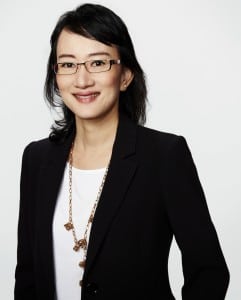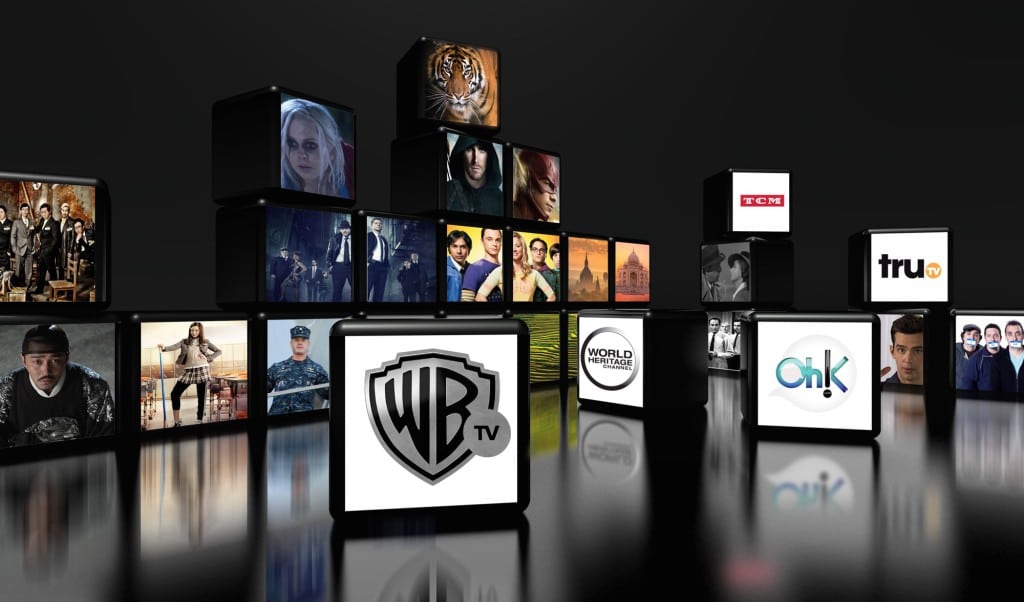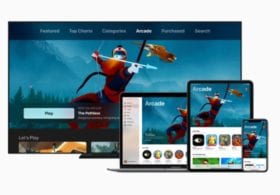 By Lynn Leahey
By Lynn Leahey
The potential of the burgeoning Asian television market is huge – Asia accounts for 60 percent of the world’s population, and estimates have the number of pay-TV subscribers reaching upwards of 700 million by 2020. As Turner International Asia Pacific’s Vice President and head of Turner Entertainment and Factual Brands, it falls to Marianne Lee to execute channel strategy in the region. Lee had to hit the ground running – she landed the job just over a year ago, as Turner was taking over full operational control of Warner TV from HBO Asia; in October, Turner launched Korean entertainment channel Oh!K, distributed in Southeast Asia.
Cynsiders: What was your mandate when you started at Turner?
Marianne Lee: While Turner already had several general entertainment channels around Asia Pacific – TCM, truTV, Mondo TV and TABI Channel – the network was arguably better known more for its news and kids channels such as CNN and Cartoon Network. So it was my mandate to bolster the regional portfolio with new brands and strengthen our third Entertainment pillar which we have done with the addition of Warner TV and Oh!K.
Cynsiders: Were there any surprises after you started in the position?
Lee: Korean production timelines and methods are very different from Hollywood. The excellent relationship we have with MBC – the studio that provides most of the content on Oh!K – has helped the programming team quickly adjust to these differences. The team even managed to achieve an industry first in broadcasting shows within 24 hours of Korean telecast with subtitles.
The channel launches didn’t end with Warner TV and Oh!K. Earlier this year, we created a new factual brand called World Heritage Channel. This effectively formed a fourth Documentary genre-pillar for Turner in Asia.

Cynsiders: What do you see as your biggest challenge today?
Lee: Piracy. Of course, Turner is not the only company facing this challenge in Asia and we, collectively as an industry, still have a lot of work to do to combat the problem. We are, however, making progress with our efforts to offer viewers day-and-date programming, sometimes with languaging options, including subtitles and dubbing, provided at a speed not previously seen in the market, frequently within a 12-hour turnaround period.
 Looking ahead to the next couple of months, Warner TV, for example, will offer new series of Gotham, ARROW and iZombie – as well as new crime drama Blindspot – on the same day as their U.S. premiere.
Looking ahead to the next couple of months, Warner TV, for example, will offer new series of Gotham, ARROW and iZombie – as well as new crime drama Blindspot – on the same day as their U.S. premiere.
Cynsiders: How have viewer demands changed over the last few years?
Lee: The biggest change would be the demand for a non-linear viewing experience. Understandably, as mobile device usage and broadband speeds both continue to increase, almost all of our affiliate partners in the region now want SVOD and catch-up rights.
Asia Pacific of course is not one homogenous region. Some markets require more localization that others, meaning that we need to provide local content with locally relevant advertising, promos and of course languaging options.
Cynsiders: What genres are most popular in Asia, and do you see tastes changing?
Lee: One of the reasons for the launch of World Heritage Channel was to satisfy the demand for high-end, big-budget documentaries. Pure, factual programming is something of rarity and the channel intends to plug that gap. And in the nature genre, a name like David Attenborough still commands huge respect and audiences to go with it.
Likewise, the launch of Oh!K was timed with viewer desire for quality Korean drama and variety shows. Many people still refer to the phenomenon as a “Korean wave,” but actually these genres have been consistently popular for some time and show no sign of diminishing.
One thing that hasn’t changed is the demand for premium, blockbuster Hollywood TV and theatrical content. However, undeniably there is an increasing appetite within Asia for more local and regional content – particularly Korean TV.
Cynsiders: To what degree are Asian formats and content gaining viewers globally?
Lee: If you compare Asian formats to those from Europe or the US, they are still some way behind in terms of achieving global appeal. There are a handful that have been spotted by international networks but it’s too early in the production cycle to gauge their success.
However, there’s no doubting that there are Asian formats getting recognition from within the Asia Pacific region – for example, China has just picked up MBC’s Infinite Challenge variety format for a local audience. Recently announced is an NBC series with Henry Winkler and William Shatner called Better Late Than Never, which is reported to be first unscripted Korean format adapted by an American broadcaster. The series is based on Grandpas Over Flowers.
Cynsiders: What have been the biggest changes you’ve implemented at Warner TV?
Lee: It’s been a huge year for Warner TV. Since Turner has taken over operation control in Asia, the channel has undergone a complete refresh – there’s a new logo, a dynamic look and feel, and a raft of new programming. Most importantly, the channel now appeals to a much younger and more balanced audience demographic.
Over the past year, the channel has established itself as the home for DC Comics-inspired series, as well as comedies such as The Big Bang Theory. There is also a commitment to providing day-and-date programming. An impressive ratings story in important markets such like Singapore, where the brand is the #1 English international entertainment channel, continue to justify these changes.
The Cynsiders column is a platform for industry leaders to reach out to colleagues, followers, and the public at large. In their own words and in targeted Q&As, columnists address breaking news, issues of the day, and the larger changes going on in the ever-evolving world of television, video and digital. Cynsiders columns live on Cynopsis’ main page and are promoted across all daily newsletters. We welcome readers’ comments, queries, and column ideas at RDawn (@) cynopsis.com






